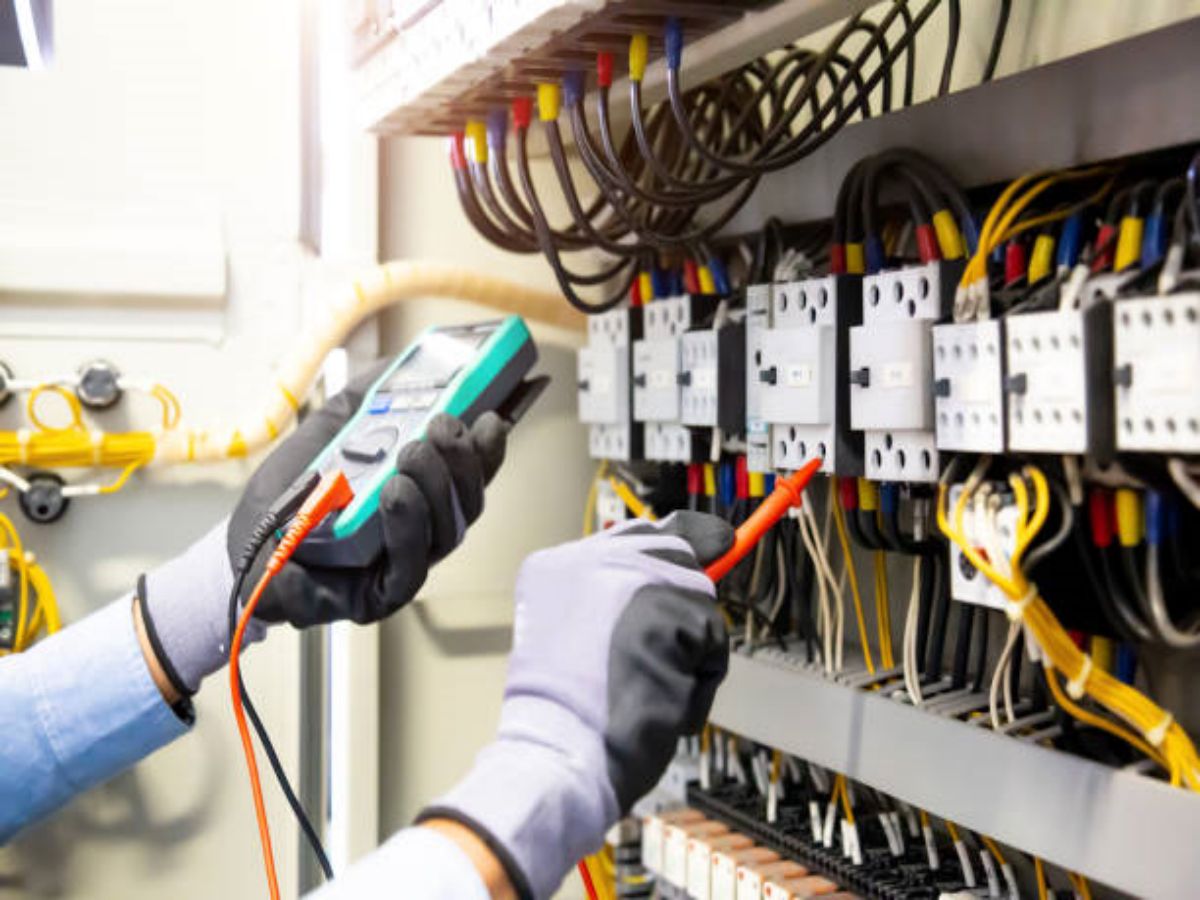The Basics of electrical connectors
An electrical connector is a device that allows the flow of electrical current between two or more electronic devices. It serves as a bridge, creating a secure and reliable connection that ensures the efficient transfer of power or signals. Electrical connectors come in various shapes, sizes, and designs, each suited for specific applications and industries.
The Functionality of Electrical Connectors
Electrical connectors play a vital role in modern technology by enabling communication and power distribution between devices. They facilitate the transmission of signals, power, and data, ensuring seamless connectivity and functionality in various electronic systems. These connectors are designed to establish a secure and durable connection that can withstand environmental factors such as temperature, moisture, and vibration.
The Importance of Reliable Electrical Connections
Reliable electrical connections are crucial to prevent power loss, signal degradation, and even potential hazards like electrical fires. Electrical connectors ensure that the electrical current flows smoothly and efficiently, minimizing the risk of interruptions or malfunctions. Whether it's in consumer electronics, automotive systems, or industrial machinery, a reliable electrical connection is vital for optimal performance and safety.
Types of Electrical Connectors
There are numerous types of electrical connectors available, each designed for specific applications and requirements. Some common types include:
- USB Connectors: USB connectors are widely used for connecting various devices, such as smartphones, computers, and peripherals. They provide both power and data transfer capabilities.
- Audio Connectors: Audio connectors are used for transmitting audio signals between devices. Examples include headphone jacks, RCA connectors, and XLR connectors.
- Coaxial Connectors: Coaxial connectors are commonly used for television and radio antennas. They provide a reliable connection for transmitting high-frequency signals.
- Ethernet Connectors: Ethernet connectors are essential for networking and internet connectivity. They enable the transfer of data between computers, routers, and other network devices.
- Power Connectors: Power connectors, such as AC and DC connectors, are used for delivering electrical power to devices. They ensure a secure and efficient power supply.
The Importance of Proper Connector Selection
Choosing the right electrical connector is crucial to ensure optimal performance and compatibility. Factors such as voltage rating, current-carrying capacity, and environmental conditions must be taken into consideration. Using an incompatible or low-quality connector can lead to poor performance, signal loss, or even equipment damage. It is essential to consult the manufacturer's specifications and guidelines when selecting electrical connectors.
Connector Installation and Maintenance
Proper installation and regular maintenance of electrical connectors are essential to ensure their longevity and reliability. Connectors should be installed following the manufacturer's instructions and guidelines to ensure a secure and stable connection. Regular inspection and cleaning of connectors can help prevent issues caused by dirt, corrosion, or loose connections. It is important to handle connectors with care and avoid excessive bending or pulling, as this can damage the internal components.
The Future of Electrical Connectors
As technology continues to advance, so does the evolution of electrical connectors. The future of electrical connectors holds the promise of smaller, more efficient, and versatile designs. With the rise of wireless technologies and the Internet of Things (IoT), connectors that support high-speed data transfer, power delivery, and wireless connectivity are becoming increasingly important. The development of new materials and manufacturing techniques will also contribute to the improvement of connector performance and durability.
Conclusion
Electrical connectors are indispensable components in modern technology, enabling the seamless transfer of power, signals, and data between electronic devices. They ensure reliable and efficient connectivity, enhancing the performance and safety of various industries and applications. By understanding the importance of proper connector selection, installation, and maintenance, we can harness the full potential of electrical connectors and drive innovation in the ever-advancing world of technology.

